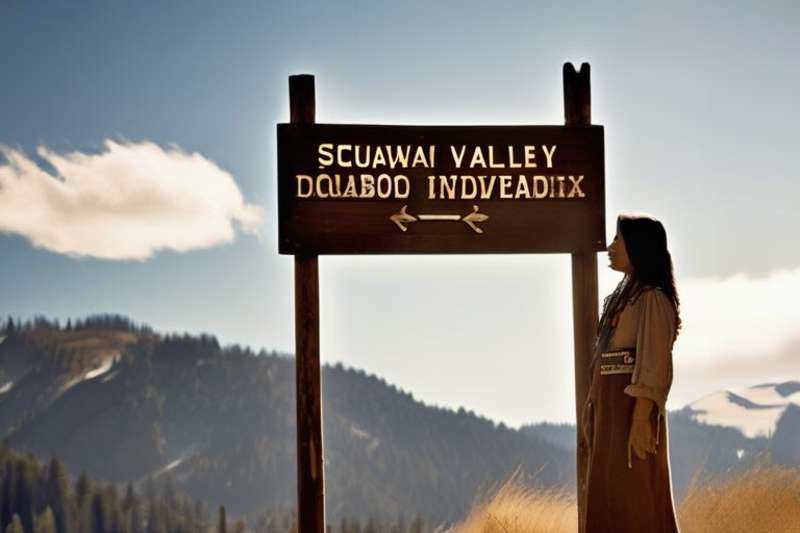
Historical Name Origins
Squaw Valley, known for the 1960 Winter Olympics, got its name from early settlers. The term 'squaw' is considered derogatory towards Native American women, originating from the Algonquin language.
Growing Cultural Awareness
Increased cultural sensitivity and awareness have led to reevaluation of place names. Squaw Valley's name change reflects a broader initiative to respect Indigenous communities and cultures.
Local Tribes Advocated Change
The Washoe Tribe, native to the area, has long opposed the name. Their advocacy was pivotal in initiating the change, emphasizing respect for their heritage and language.
Renaming: A Nationwide Movement
The Squaw Valley name change is part of a larger movement. Across the US, many landmarks with names considered offensive are being renamed to honor local heritage and history.
New Name, New Identity
The resort embraced a new identity as 'Palisades Tahoe', a nod to the iconic granite cliffs and the unity of the Olympic Valley and Alpine Meadows.
Impact on Brand Image
This proactive step not only aligns with modern values but also helps in rebranding the resort as a forward-thinking, inclusive destination for all winter sports enthusiasts.
Future Naming Considerations
The process has inspired a greater industry-wide consideration for the implications of names and their historical connotations, potentially influencing future naming decisions.
What is 'squaw' origin?
Washoe Tribe language
1960 Winter Olympics term
Algonquin language
Company